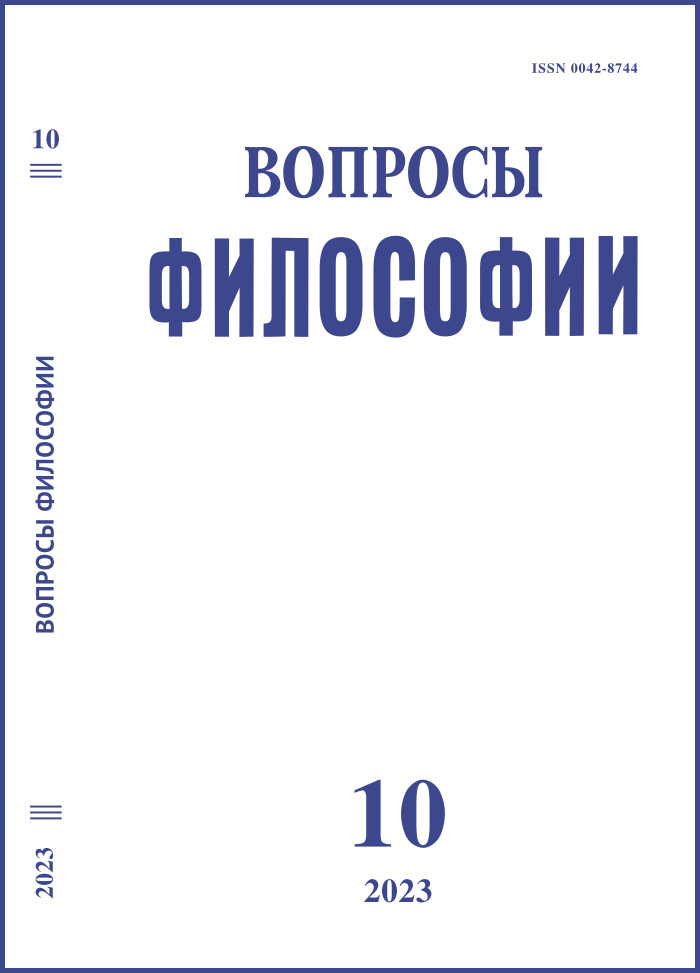Social Software in the Student Audience: Motivation for Learning
DOI:
https://doi.org/10.21146/0042-8744-2023-10-5-15Keywords:
social software, motivation, information, knowledge, research programs, I. Lakatos, N.I. Zhinkin.Abstract
Social software is considered in the article, first of all, as a philosophical and methodological strategy that focuses contemporary educational practices on solving the main problem of Russian education: motivating students for self-education, independent expansion of the sphere of knowledge and competence. According to the authors, the main reason why the motivation of students has become a problem (and not only in Russian education) is the lag of educational practices from the rapidly transforming technological, and therefore, socio-economic demands of modern society. In this situation, a certain contribution to the solution of this problem can be made by the orientation of students towards the active assimilation of knowledge in the course of their creative and constructive participation in educational programs that are built using the strategy of social software. The application of this strategy allows the teacher to clearly define the place and role of each participant in the joint activity aimed at achieving the educational goal “programmed” for this team, and the student is able to meaningfully adjust the curriculum. The educational process organized in this way ensures the active assimilation of the relevant body of knowledge and allows making such changes in the collaborative structure of the program that imply a cognitive expansion of the content component of education. Accordingly, albeit within the framework of the learning community, students are aware of the cultural and historical status of personal cognitive efforts aimed at self-education. Thus, within the framework of social software, there is a personal increase in the student’s competence, taking into account the immanent social and cultural-historical contexts of education.

